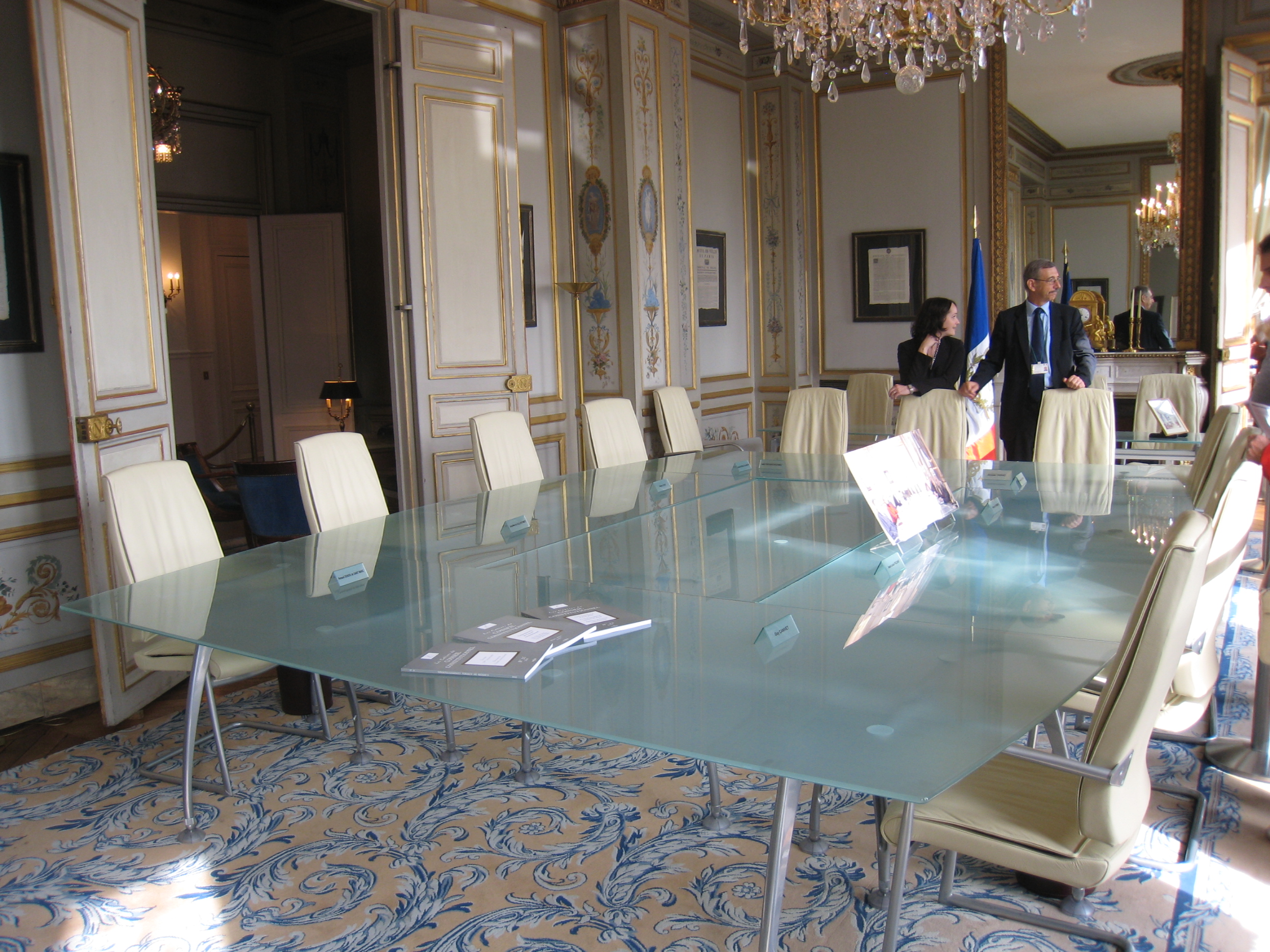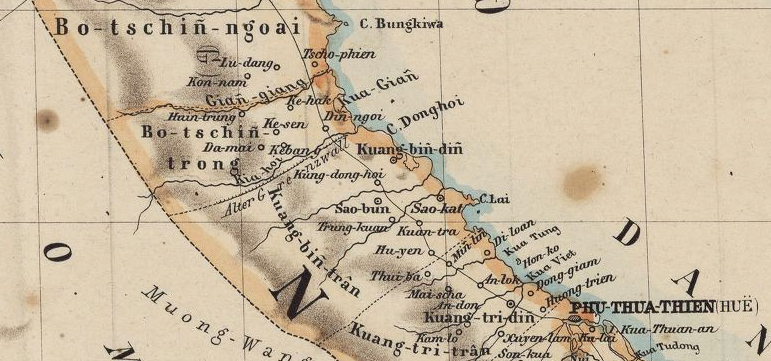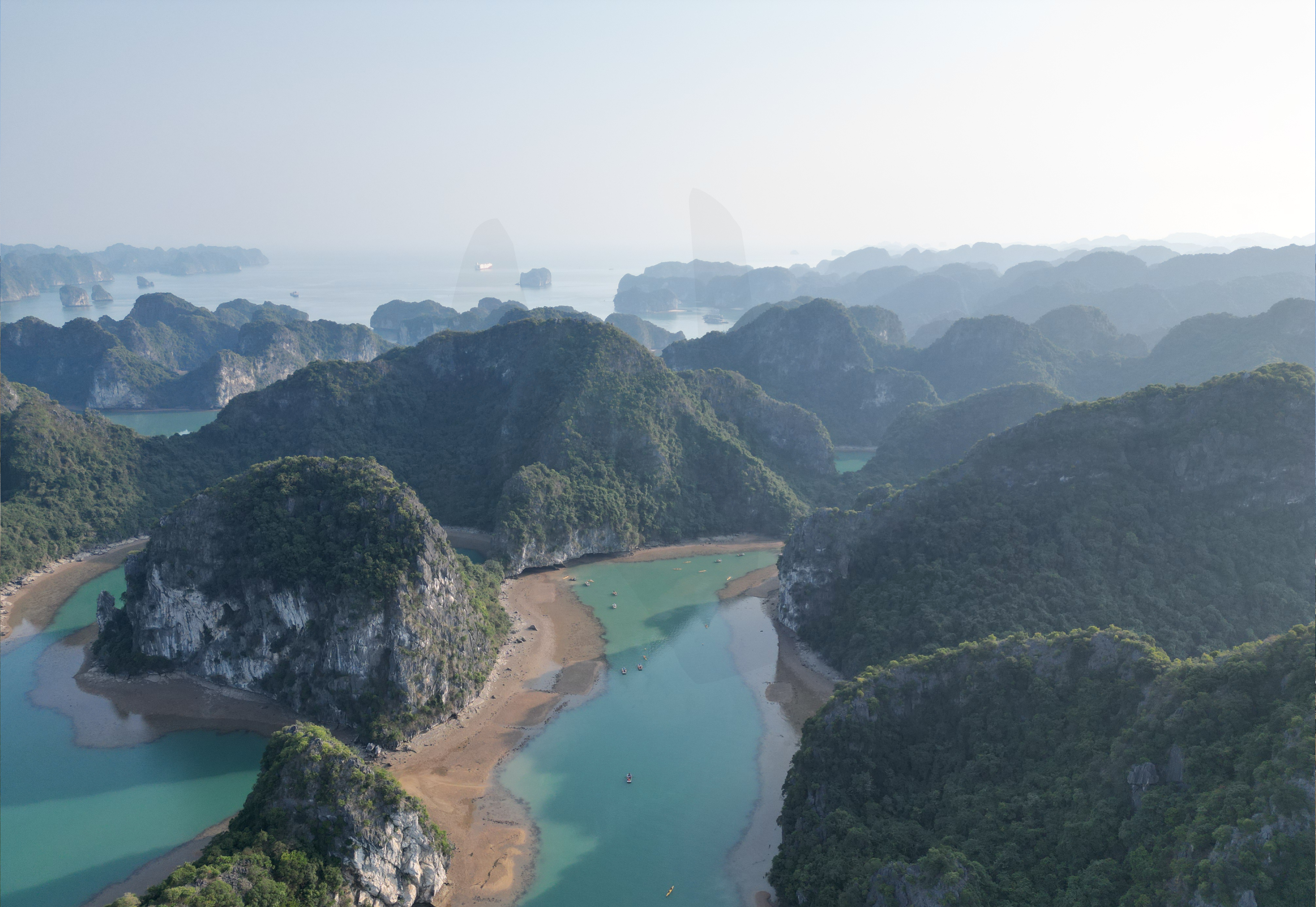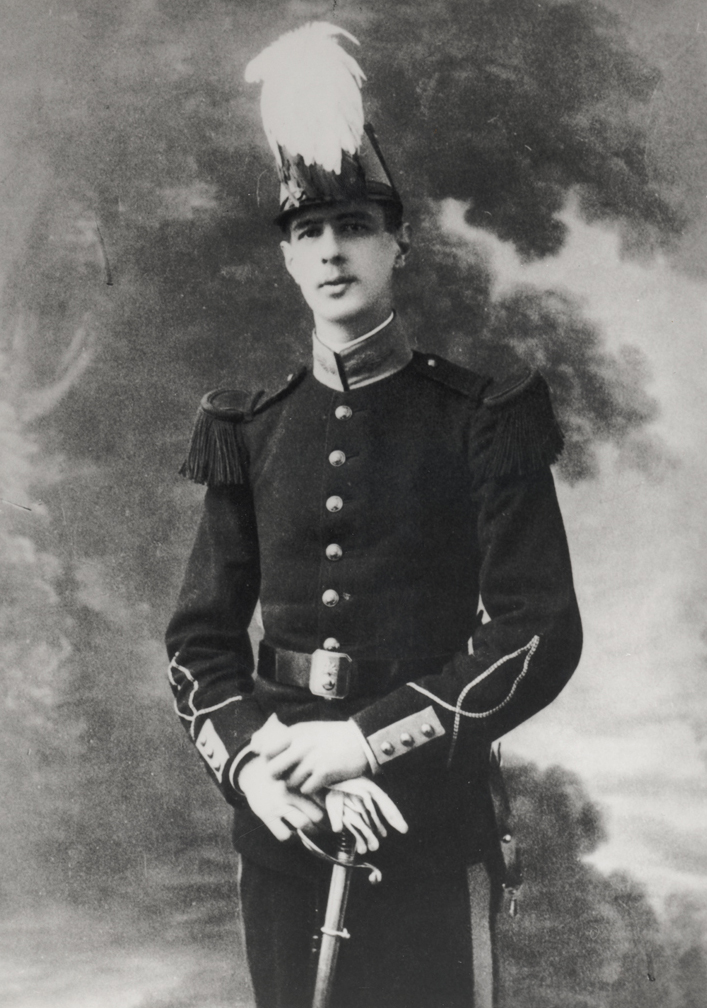|
Paul Coste-Floret
Paul Coste-Floret (9 April 1911 – 27 August 1979) was a French politician. He was born and died in Montpellier, France. Career Coste-Floret was originally an academic, becoming Doctor of Law in 1935 and teaching law at the University of Algiers. During the Second World War, Coste-Floret was active in the French Resistance. He also advised André Philip and François de Menthon, ministers in the Free French provisional government. After the war Coste-Floret was an assistant prosecutor at the Nuremberg trials. He was elected as a '' député'' to the Assemblée Nationale in 1946 as a member of the '' Mouvement Républicain Populaire'', for the department of Hérault, and served until 1958. Coste-Floret supported the political return of General de Gaulle and was a member of the Constitutional Consultative Committee which prepared the Constitution of 1958. He was re-elected ''député'' of the MRP in 1958, and served with the centrist group until 1967. He was nominated ... [...More Info...] [...Related Items...] OR: [Wikipedia] [Google] [Baidu] |
Constitutional Council (France)
The Constitutional Council (, ) is the highest constitutional authority in France. It was established by the Constitution of France, Constitution of the Fifth Republic on 4 October 1958 to ensure that constitutional principles and rules are upheld. It is housed in the Palais-Royal in Paris. Its main activity is to rule on whether proposed statutes conform with the Constitution, after they have been voted by French Parliament, Parliament and before they are signed into law by the President of France, president of the republic (''a priori'' review), or passed by the government as a decree, which has law status in many domains, a right granted to the government under delegation of Parliament. Since 1 March 2010, individual citizens who are party to a trial or a lawsuit have been able to ask for the council to review whether the law applied in the case is constitutional ( review). In 1971, the council ruled that conformity with the Constitution also entails conformity with two other ... [...More Info...] [...Related Items...] OR: [Wikipedia] [Google] [Baidu] |
Free France
Free France () was a resistance government claiming to be the legitimate government of France following the dissolution of the Third French Republic, Third Republic during World War II. Led by General , Free France was established as a government-in-exile in London in June 1940 after the Fall of France to Nazi Germany. It joined the Allies of World War II, Allied nations in fighting Axis powers, Axis forces with the Free French Forces (), supported the French Resistance, resistance in German military administration in occupied France during World War II, Nazi-occupied France, known as the French Forces of the Interior, and gained strategic footholds in several French colonial empire, French colonies in Africa. Following the defeat of the Third Republic by Nazi Germany, Marshal Philippe Pétain led efforts to Armistice of 22 June 1940, negotiate an armistice and established a German puppet state known as Vichy France. Opposed to the idea of an armistice, de Gaulle fled to Brit ... [...More Info...] [...Related Items...] OR: [Wikipedia] [Google] [Baidu] |
Lamalou-les-Bains
Lamalou-les-Bains (; Languedocien: ''L’Amalon'') is a commune in the Hérault département in the Occitanie region in southern France. Geography Lamalou-les-Bains is located 53½ miles west of Montpellier in the Orb valley of the southern Cévennes. The village lies at an altitude of 200 metres and offers commanding views of the rivers, lakes and mountains situated in Haut Languedoc. Population Its inhabitants are called ''Lamalousiens'' in French. Spa The waters, which are both hot and cold, are used in cases of rheumatism, sciatica, locomotor ataxia and nervous maladies. International relations Lamalou-les-Bains is twinned with: * Leutkirch im Allgäu, Germany * Misasa, Japan * Yaoundé, Cameroon Festival Lamalou-les-Bains hosts an annual Operetta Festival in the months of July and August. See also *Communes of the Hérault department A commune is an alternative term for an intentional community. Commune or comună or comune or other derivations may also refe ... [...More Info...] [...Related Items...] OR: [Wikipedia] [Google] [Baidu] |
Mayor (France)
In France, a mayor (, ) is chairperson of the Municipal council (France), municipal council, which organises the work and deliberates on municipal matters. The mayor also has significant powers and their own responsibilities, such as the responsibility for the activities of Municipal Police (France), municipal police and for the management of municipal staff. The officeholder is also the representative of the Nation, state in the commune. As such, the mayor is a civil officer of the State (''Officier d'état civil'') and judiciary police officer (''Officier de police judiciaire''). The term period of office for a mayor is six years. Elections History From 1789 to 1799 municipal officials (mayors) were directly elected for 2 years and re-elected by the active citizens of the commune with taxpayers contributing at least 3 days of work to the commune. Those who were eligible could instead pay a tax equivalent to not less than 10 days of work. In 1799 the constitution of 22 Fri ... [...More Info...] [...Related Items...] OR: [Wikipedia] [Google] [Baidu] |
List Of French Possessions And Colonies
From the 16th to the 17th centuries, the First French colonial empire existed mainly in the Americas and Asia. During the 19th and 20th centuries, the second French colonial empire existed mainly in Africa and Asia. France had about 80 colonies throughout its History of France, history, the second most colonies in the world behind only the United Kingdom, British Empire. Around 40 countries gained independence from French colonial empire, France throughout its history, the second most in the world behind only the British Empire. Over 50% of the world’s borders today, were drawn as a result of British and French imperialism.Lovejoy, Paul E. (2012). Transformations of Slavery: A History of Slavery in Africa. London: Cambridge University Press. France began to establish colonies in North America, the Caribbean and India, following Spanish and Portuguese successes during the Age of Discovery, in rivalry with Britain. A series of wars with Britain during the 18th century and earl ... [...More Info...] [...Related Items...] OR: [Wikipedia] [Google] [Baidu] |
French Algeria
French Algeria ( until 1839, then afterwards; unofficially ; ), also known as Colonial Algeria, was the period of History of Algeria, Algerian history when the country was a colony and later an integral part of France. French rule lasted until the end of the Algerian War which resulted in Algeria's Independence Day (Algeria), gaining independence on 5 July 1962. The French conquest of Algeria began in 1830 with the Invasion of Algiers (1830), invasion of Algiers which toppled the Regency of Algiers, though Algeria was not fully conquered and Pacification of Algeria, pacified until 1903. It is estimated that by 1875, approximately 825,000 indigenous Algerians were killed. Various scholars describe the French conquest as genocide. Algeria was ruled as a French colony, colony from 1830 to 1848, and then as multiple Departments of France#Departments of Algeria (Départements d'Algérie), departments, an integral part of France, with the implementing of the French Constitution of 18 ... [...More Info...] [...Related Items...] OR: [Wikipedia] [Google] [Baidu] |
Vietnam
Vietnam, officially the Socialist Republic of Vietnam (SRV), is a country at the eastern edge of mainland Southeast Asia, with an area of about and a population of over 100 million, making it the world's List of countries and dependencies by population, fifteenth-most populous country. One of two communist states in Southeast Asia, Vietnam shares land borders with China to the north, and Laos and Cambodia to the west. It shares Maritime boundary, maritime borders with Thailand through the Gulf of Thailand, and the Philippines, Indonesia, and Malaysia through the South China Sea. Its capital is Hanoi and its largest city is Ho Chi Minh City. Vietnam was inhabited by the Paleolithic age, with states established in the first millennium BC on the Red River Delta in modern-day northern Vietnam. Before the Han dynasty's invasion, Vietnam was marked by a vibrant mix of religion, culture, and social norms. The Han dynasty annexed Northern and Central Vietnam, which were subs ... [...More Info...] [...Related Items...] OR: [Wikipedia] [Google] [Baidu] |
Cochinchina
Cochinchina or Cochin-China (, ; ; ; ; ) is a historical exonym and endonym, exonym for part of Vietnam, depending on the contexts, usually for Southern Vietnam. Sometimes it referred to the whole of Vietnam, but it was commonly used to refer to the region south of the Gianh River. In the 17th and 18th centuries, Vietnam was divided between the Trịnh lords to the north and the Nguyễn lords to the south. The two domains bordered each other on the Son River (Vietnam), Son River. The northern section was called Tonkin by Europeans, and the southern part, , was called Cochinchina by most Europeans and Quinam by the Dutch East India Company, Dutch. Jean-Louis Taberd, in his 1838 map, called Tonkin as "Cocincina exterior" () and "Cochin China" as "Cocincina interior" (). In this classic 1838 map, the Gianh River is north of "Lũy Sầy" (an incorrect pronunciation and spelling of "Lũy Thầy") demarcating "Cocincina exterior" (or "Outer Annam") from "Cocincina interior" (or "In ... [...More Info...] [...Related Items...] OR: [Wikipedia] [Google] [Baidu] |
Hạ Long Bay
Hạ Long Bay or Halong Bay (, ) is a UNESCO World Heritage Site and popular travel destination in Quảng Ninh province, Vietnam. The name Hạ Long means "descending dragon". Administratively, the bay belongs to Hạ Long city, Cẩm Phả city, and is a part of Vân Đồn district. The bay features thousands of limestone karsts and islets in various shapes and sizes. Hạ Long Bay is a center of a larger zone that includes Bai Tu Long Bay to the northeast, and Cát Bà Island to the southwest. These larger zones share a similar geological, geographical, geomorphological, climate, and cultural characters. Hạ Long Bay has an area of around , including 1,969 islets, most of which are limestone. The core of the bay has an area of with a high density of 775 islets.Vịnh Hạ Long. Website c ... [...More Info...] [...Related Items...] OR: [Wikipedia] [Google] [Baidu] |
Overseas Territory (France)
The term overseas territory (, TOM) is an administrative division of France and is currently only applied to the French Southern and Antarctic Lands. The division differs from that of overseas department and region ( or DROM), but because of some common peculiarities, DOMs, TOMs and other overseas possessions under other statuses are often referred to collectively as '. Unlike the British Overseas Territories, which are not constitutionally parts of the United Kingdom or its national territory, they are integral parts of the French Republic. Former overseas territories * New Caledonia, from 1946 to 1999, now a ''sui generis'' collectivity * French Polynesia, from 1946 to 2003, now an overseas collectivity * Saint Pierre and Miquelon, from 1946 to 1976 and 1985 to 2003, now an overseas collectivity * Wallis and Futuna, from 1961 to 2003, now an overseas collectivity * Mayotte, from 1974 to 2003, now an overseas department * French Territory of the Afars and the Is ... [...More Info...] [...Related Items...] OR: [Wikipedia] [Google] [Baidu] |
Alain Poher
Alain Émile Louis Marie Poher (; 17 April 1909 – 9 December 1996) was a French politician who served as President of the Senate from 1968 to 1992. In this capacity, he was twice briefly acting President of France, in 1969 and 1974 following the resignation of Charles de Gaulle and the death of Georges Pompidou respectively. Poher was affiliated with the Popular Republican Movement (MRP) until 1966 and later with the Democratic Centre (CD) and Centre of Social Democrats (CSD), which he joined in 1976. A native of Ablon-sur-Seine south of Paris, Poher was a longtime member of the Senate (1946–1948; 1952–1995), where he sat first for Seine-et-Oise until 1968 and then Val-de-Marne. He also served as President of the European Parliament from 1966 to 1969. As the longest-serving President of the Senate and the sole unelected President of France under the Fifth Republic, Poher remained an influential figure in 20th-century French politics. He ran in the 1969 presidential elect ... [...More Info...] [...Related Items...] OR: [Wikipedia] [Google] [Baidu] |
Charles De Gaulle
Charles André Joseph Marie de Gaulle (22 November 18909 November 1970) was a French general and statesman who led the Free France, Free French Forces against Nazi Germany in World War II and chaired the Provisional Government of the French Republic from 1944 to 1946 to restore democracy in France. In 1958, amid the May 1958 crisis in France, Algiers putsch, he came out of retirement when appointed Prime Minister of France, Prime Minister by President René Coty. He rewrote the Constitution of France and founded the French Fifth Republic, Fifth Republic after approval by 1958 French constitutional referendum, referendum. He was elected President of France later that year, a position he held until his resignation in 1969. Born in Lille, he was a decorated officer of World War I, wounded several times and taken prisoner of war (POW) by the Germans. During the interwar period, he advocated mobile armoured divisions. During the German invasion of May 1940, he led an armoured divisi ... [...More Info...] [...Related Items...] OR: [Wikipedia] [Google] [Baidu] |







